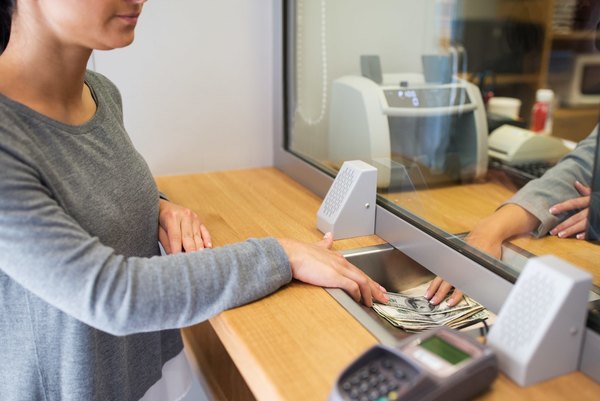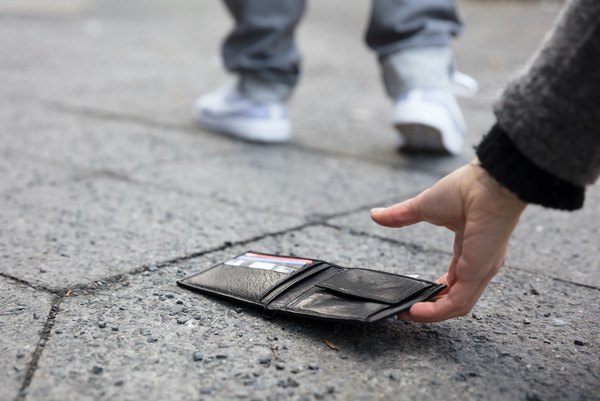Save yourself the hassle and aggravation of a data breach, identity theft, or unauthorized credit checks with a credit freeze.
Many people are concerned that a data breach which discloses their personal information might make them vulnerable to identity theft. Setting up a credit freeze is a simple process which can help prevent or minimize the damage caused by an identity thief.
Also known as a security freeze, this process restricts and blocks prying eyes from seeing your report. The free and straightforward process not only stops unauthorized credit checks, but it will not harm your credit score while making it more difficult for criminals to cause mischief using your personal information.
Take away the opportunity to use your credit report against you as they will most likely use the data to open accounts or new credit cards under your name. Whether you have a high or low credit score, a freeze can give you back some control. A credit freeze will provide you with the data safety and security you need.
The Advantages and Disadvantages of Freezing Your Credit
Since credit freezes are free, should everyone take advantage of it? There are several pros and cons of doing a credit freeze.
The Advantages of Freezing Your Credit Report
- A credit freeze almost entirely reduces the chance that a fraudulent credit account can opened in your name.
- Freezing your credit report will let you worry less about identity theft or unauthorized credit checks. It will give you peace of mind.
- A freeze will not impact your ability to use existing credit accounts, nor will it decrease your score.
- In most states, a credit freeze does not have an expiration date. Thus, the freeze can last indefinitely or until you request a lift.
The Disadvantages Of Freezing Your Credit Report
If you want to lift the freeze on your credit, it often takes at least 20 minutes. Lifting a freeze will slow down any activities that require a credit check, such as applying for a store credit card while shopping, applying for a mortgage, or getting approved for a loan.
Freezing your credit is not a perfect system and is not always 100 percent effective.
To request a credit freeze, you must contact each credit reporting agency individually. It requires the same process when wanting to lift the credit freeze.
The list of advantages and disadvantages can help you decide whether freezing your credit is the best choice for you. It ultimately comes down to security versus convenience and choosing which one you prefer for your credit report.
How To Freeze Your Credit
If you have experienced fraudulent activity, you know the significance of security. If you have been lucky enough not to endure identity theft, it is still good to know how to freeze your credit.
It is worth considering a credit freeze:
- If you receive unexplained bills or collection notices in the mail
- If accounts are in your name or under another person’s name, which you did not allow
- If new or unexpected charges appear on monthly bill statements
- If unauthorized charges or changes show up on your credit report. i.e., credit inquiries or new credit accounts
- If your bank or credit union notifies you about fraudulent account activity. If you learn that you might be a potential victim of a data breach
Set Up a Credit Freeze
Setting up a credit freeze requires contacting three credit bureaus:
Each bureau has dedicated webpages for credit freezes. You will find options on how to freeze your credit and the instructions. i.e., filing online or via mail.
To order a freeze, you may be asked to provide:
Your Social Security Number
A copy of a photo ID
Proof of address
Requesting a credit freeze online is a convenient and straightforward process. It allows you to provide all three items in an instance, electronically. Once you activate your credit freeze, the bureau may supply you with a personal identification number (PIN) or password. Some may request you to create one to use when needing to lift the credit freeze.
Conclusion
Save yourself the hassle and aggravation of a data breach, identity theft, or unauthorized credit checks. Prevent criminals or strangers from accessing your credit information and using it for themselves. Take control of the security of your credit report by placing a freeze on it.







